The top mistakes authors make that editors help with
Once you’ve spent months, maybe years, crafting your masterpiece, you'll finally get to a point where you're ready to do something more with it. You’ve laughed, cried and possibly pulled your hair out during late-night writing sessions. But before you send your manuscript off to a literary agent or look into self-publishing, know that some common pitfalls can trip up even the most seasoned authors.
Luckily, that’s where a good editor can help!
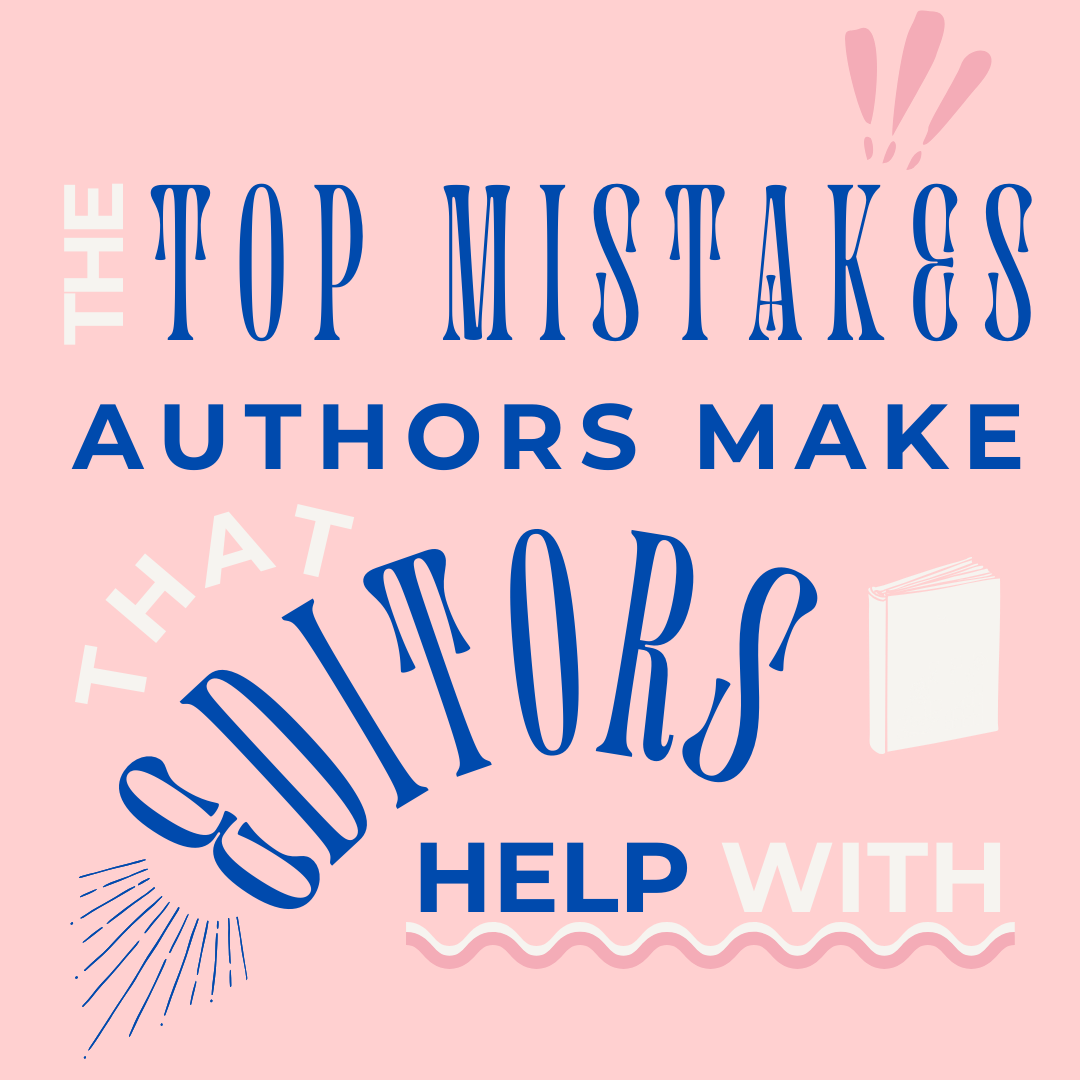
1. Grammar: The Devil's in the Details
Grammar can be a minefield, even for the most experienced writers. From misplaced commas to inconsistent usage, the English language is full of little traps. Do you know your en dash from your em dash? Many don’t, and that’s perfectly fine. An editor not only corrects these errors but also ensures consistency throughout your manuscript.
Remember, even the smallest grammatical mistake can distract your readers and disrupt the flow of your story!
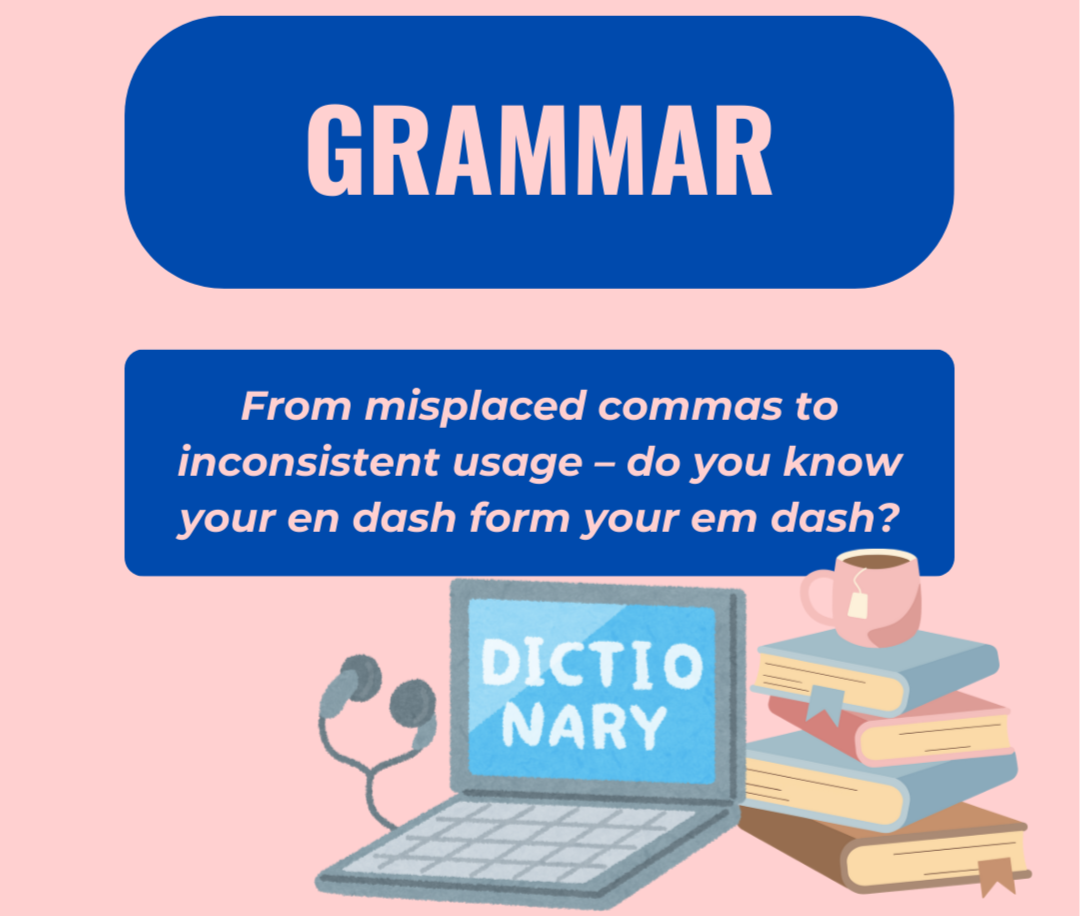
2. Character: The Heartbeat of Your Story
Characters are the lifeblood of any story. Yet, inconsistent character profiles and a lack of character arcs can leave readers confused and disengaged. One moment, your protagonist has blue eyes and the next they’re green. Or perhaps your antagonist has a sudden change of heart with no explanation.
Editors help you create well-rounded characters with believable arcs, ensuring your readers stay hooked from start to finish.
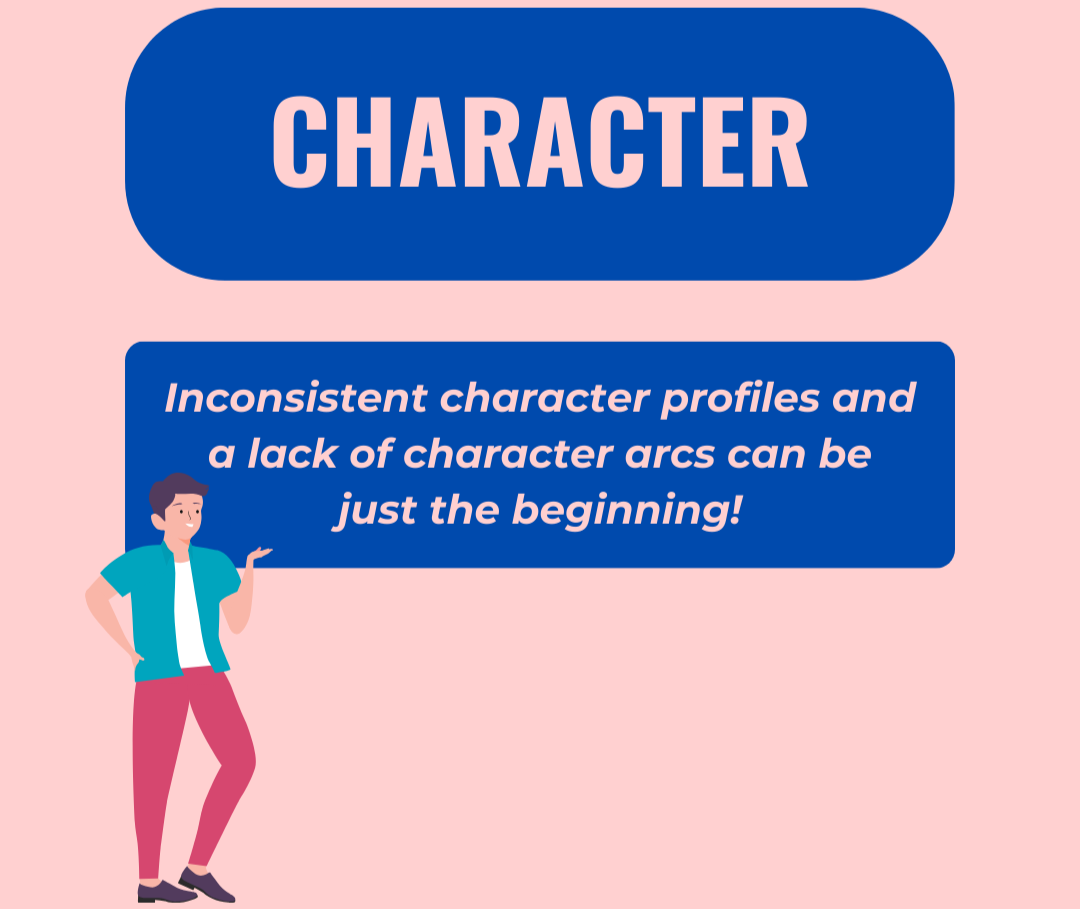
3. Tone: Striking the Right Chord
Tone is crucial in setting the mood and conveying the right emotions in your story. Are you capturing the right tone for the topic, scene and context? An editor can help you maintain a consistent tone that suits your narrative.
Whether it’s a dramatic climax or a light-hearted dialogue, getting the tone right can make all the difference in how your story is received.
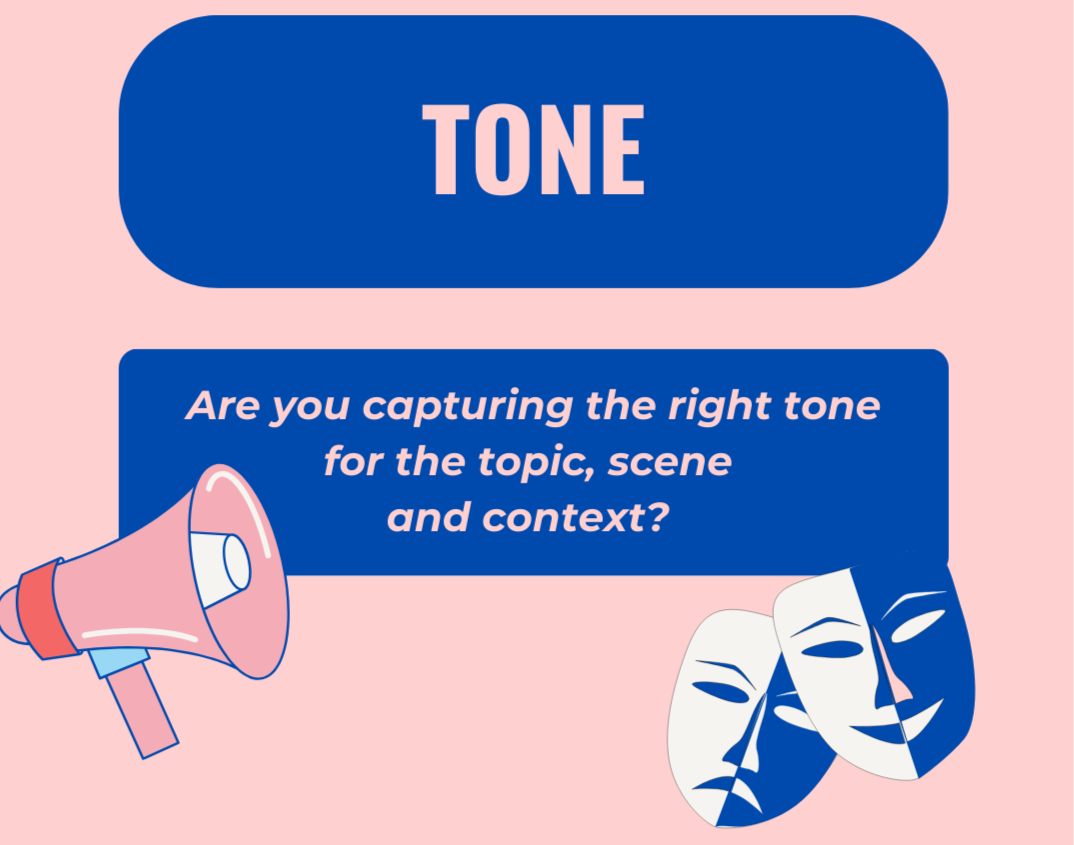
4. Narrative Perspective: Point of View and Tense
Choosing the right point of view (POV) and tense can be challenging. Are you writing in first person, third person or perhaps even the elusive second person? What tense suits your story best? These decisions impact how readers experience your narrative.
An editor can guide you in maintaining a consistent POV and tense, avoiding confusing shifts that might jolt your readers out of the story.
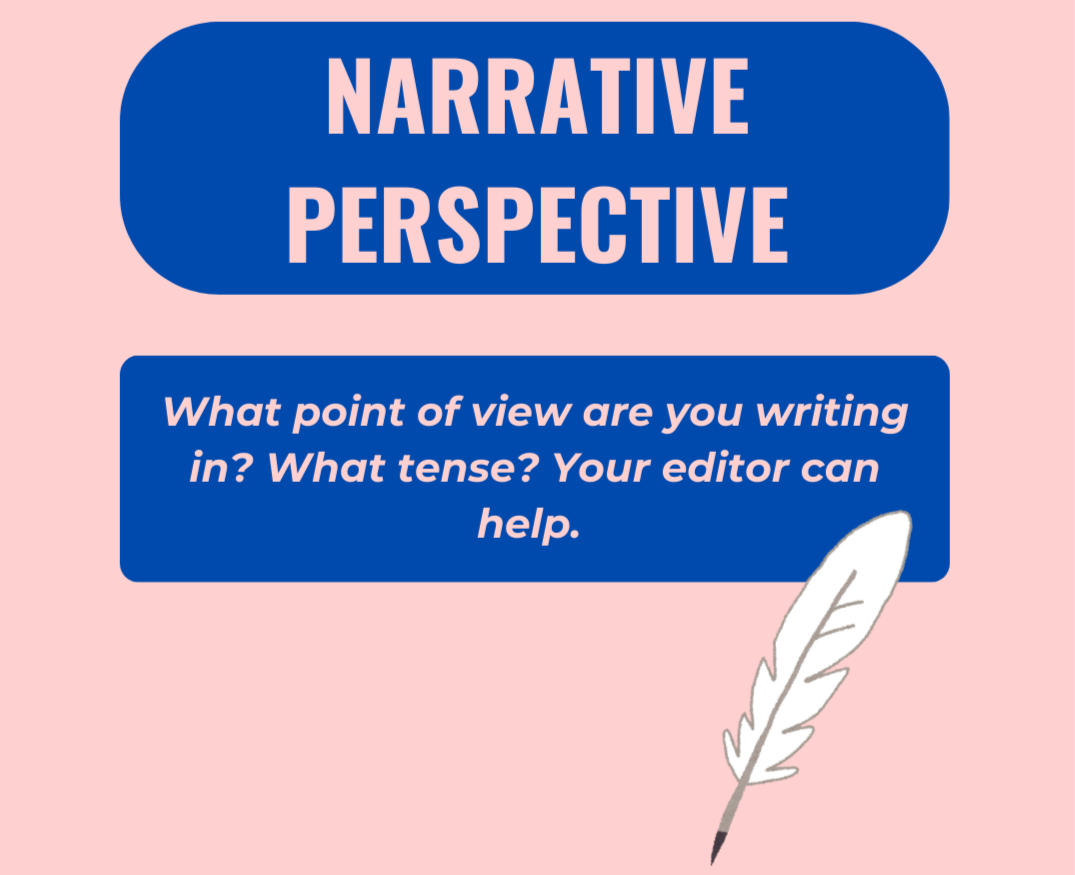
5. Plot Holes: Patching Up the Story
Even the best plots can have holes. Maybe there’s a forgotten subplot, or a character knows something they shouldn’t. These inconsistencies can leave readers scratching their heads.
A good editor identifies these plot holes and offers actionable suggestions to patch them up, ensuring your story remains seamless and engaging.
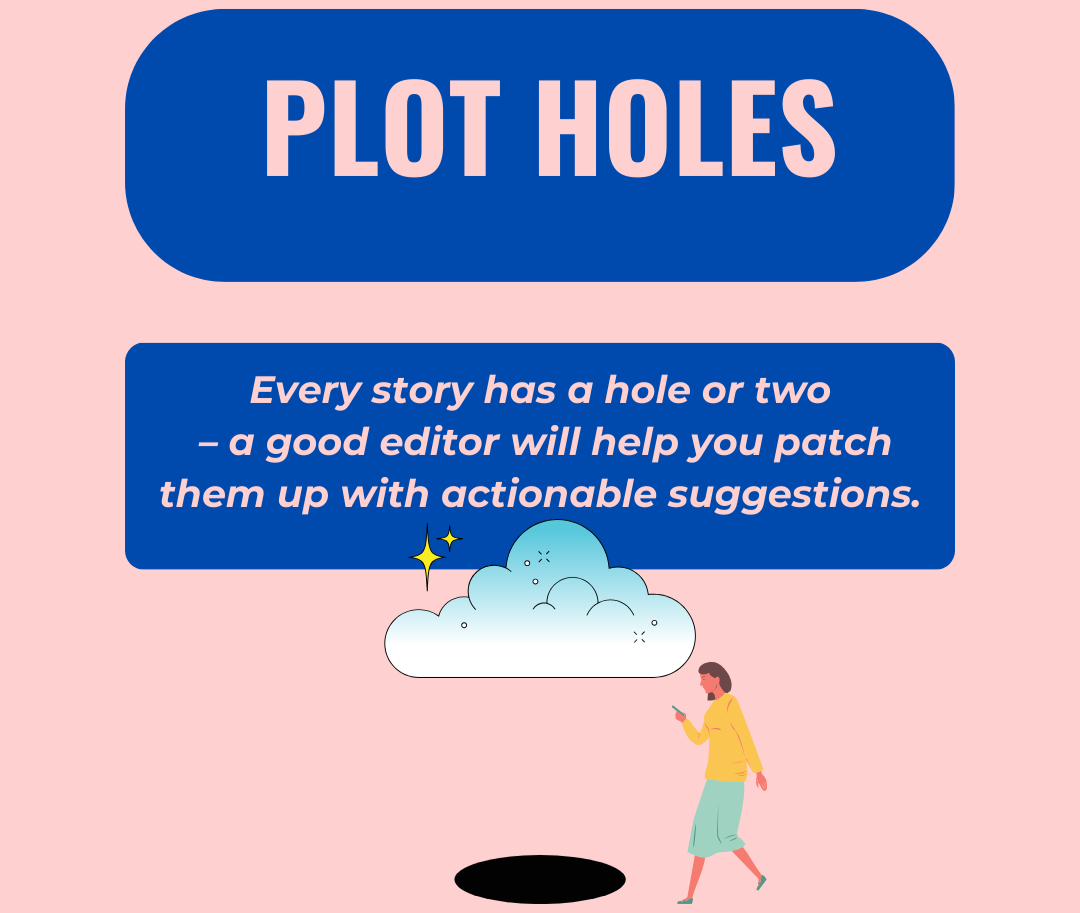
Writing a book is no small feat, and even the most talented authors can benefit from a fresh pair of eyes. A good editor doesn’t just fix errors—they enhance your narrative, making sure your story is the best it can be. So, before you send your manuscript out into the world, consider the value of a professional edit. Your readers (and your future self) will thank you.
Remember, every great author has a great editor behind them.
Happy writing!


0 Comments Add a Comment?